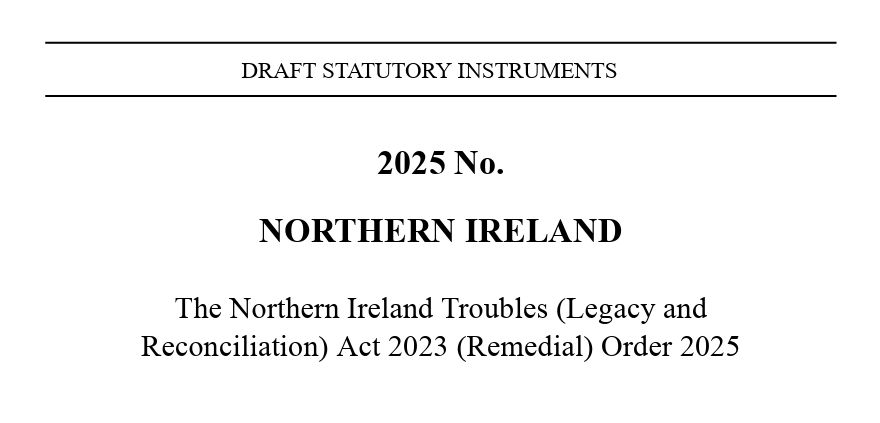The Commencement Order for section 1 of the EU (Withdrawal) Act 2018 has just been published. The Order brings into force the provision of the Act which repeals the European Communities Act 1972 on 'exit day': ow.ly/KNAc50vBFvB
The Minister made (signed) the Order on Fri (16th) & it came into force on Sat (17th). The Order only brings into force s.1 of EU(W)A 2018. Three previous Commencement Orders have already brought other parts of EU(W)A 2018 into force (= why this Order is 'Commencement No. 4'). 2/
The fact that s.1 of EU(W)A 2018 is now in force does *not* mean that the repeal of the European Communities Act 1972 has now happened. S.1 of EU(W)A 2018 says that the ECA is repealed on 'exit day'. 'Exit day' is still defined in a separate Statutory Instrument as 31 Oct. 3/
Under EU(W)A 2018 s.20(3) & (4), a minister could make (a) further Statutory Instrument(s) changing the definition of 'exit day' again, if the date on which the EU Treaties cease to apply to the UK (i.e. the date on which the UK leaves the EU) changes from 31 Oct. 4/
On the parliamentary scrutiny side, it is entirely normal & uncontroversial for Commencement Orders like this latest one to be made (signed) by ministers without parliamentary involvement: without such Orders, Acts that Parl has by definition OK-ed could not enter force. 5/
The longstanding concerns we (& others) have re: inadequate parliamentary scrutiny of Statutory Instruments (esp. in Commons) are not around Commencement Orders but around SIs with substantive policy content (which sometimes include those that amend Acts of Parliament). /ends
• • •
Missing some Tweet in this thread? You can try to
force a refresh









